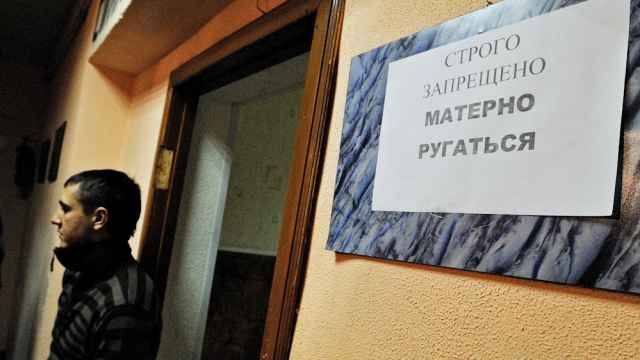Russian telecoms operators have proposed legislation that would oblige foreign internet companies to share the financial burden of a new law on storing data in the country, a draft bill seen by Reuters shows.
If adopted, the legislation would allow Russian telecoms companies to claim compensation from foreign internet companies, including social media and messenger services such as Google and Facebook, for compliance with the data storage rules that come into effect from October.
If foreign internet companies refuse to comply, Russian communications watchdog Roskomnadzor could be allowed to reduce the speed of access to their websites for Russian users.
Google declined to comment and Facebook did not immediately respond to a request for comment.
"The bill will be sent to the government as soon as all operators reach a harmonized position," a senior manager at one of Russia's telecoms companies told Reuters.
A representative of Rostelecom, a leading Russian telecoms operator, said the company supported the notion of spreading the data storage costs with foreign internet companies.
Russian telecoms operators MTS, VimpelCom and Tele2 declined to comment.
Megafon, which would not comment on the draft legislation, told Reuters that all interested parties — not only telecom operators — should take part in the development of internet resources.
The cost for Russia's three largest telecoms operators — MTS, Megafon and VimpelCom — of creating and sustaining a system to store data to comply with the law will reach 145 billion rubles ($2.17 billion) over the next five years, the companies have said.
Russian telecoms operators still do not have the necessary infrastructure in place to store users' data, industry sources have said.
They will also have to use foreign technology to comply with the data storage law, even though President Vladimir Putin ordered his government to ensure that local companies produce the equipment.
A Message from The Moscow Times:
Dear readers,
We are facing unprecedented challenges. Russia's Prosecutor General's Office has designated The Moscow Times as an "undesirable" organization, criminalizing our work and putting our staff at risk of prosecution. This follows our earlier unjust labeling as a "foreign agent."
These actions are direct attempts to silence independent journalism in Russia. The authorities claim our work "discredits the decisions of the Russian leadership." We see things differently: we strive to provide accurate, unbiased reporting on Russia.
We, the journalists of The Moscow Times, refuse to be silenced. But to continue our work, we need your help.
Your support, no matter how small, makes a world of difference. If you can, please support us monthly starting from just $2. It's quick to set up, and every contribution makes a significant impact.
By supporting The Moscow Times, you're defending open, independent journalism in the face of repression. Thank you for standing with us.
Remind me later.







